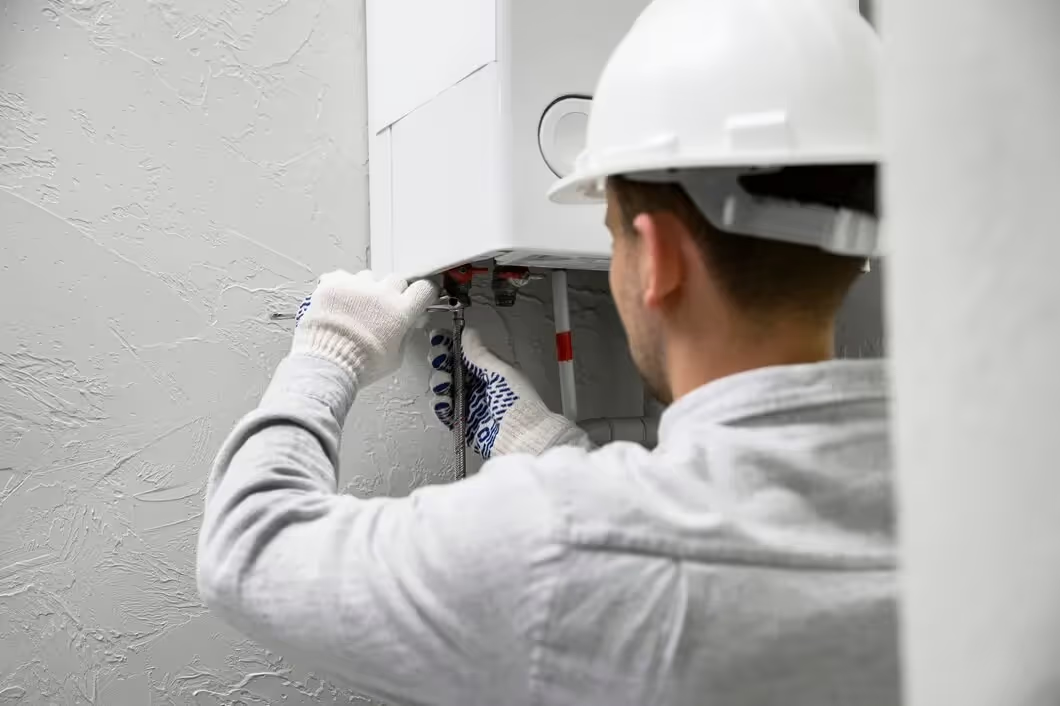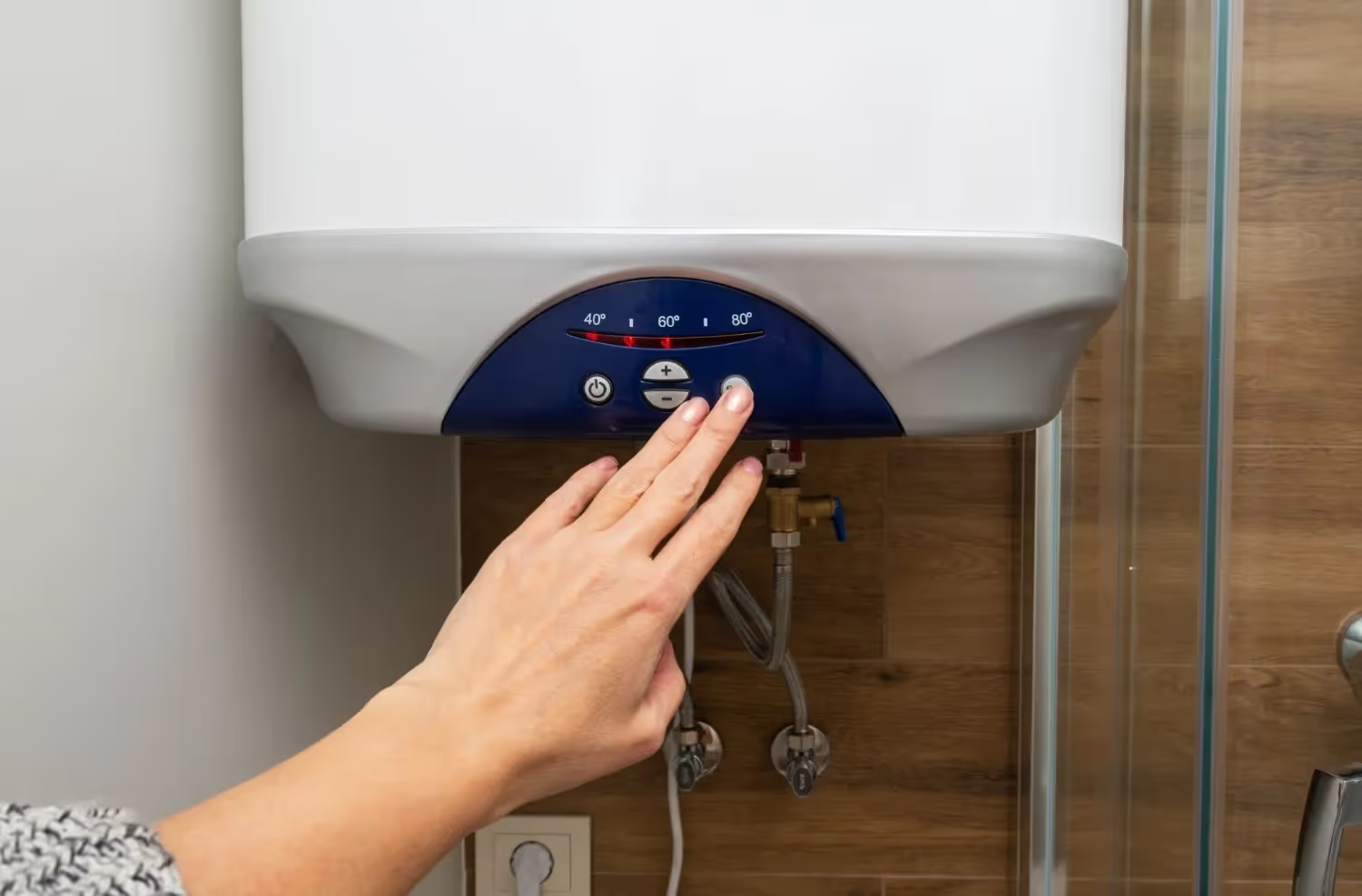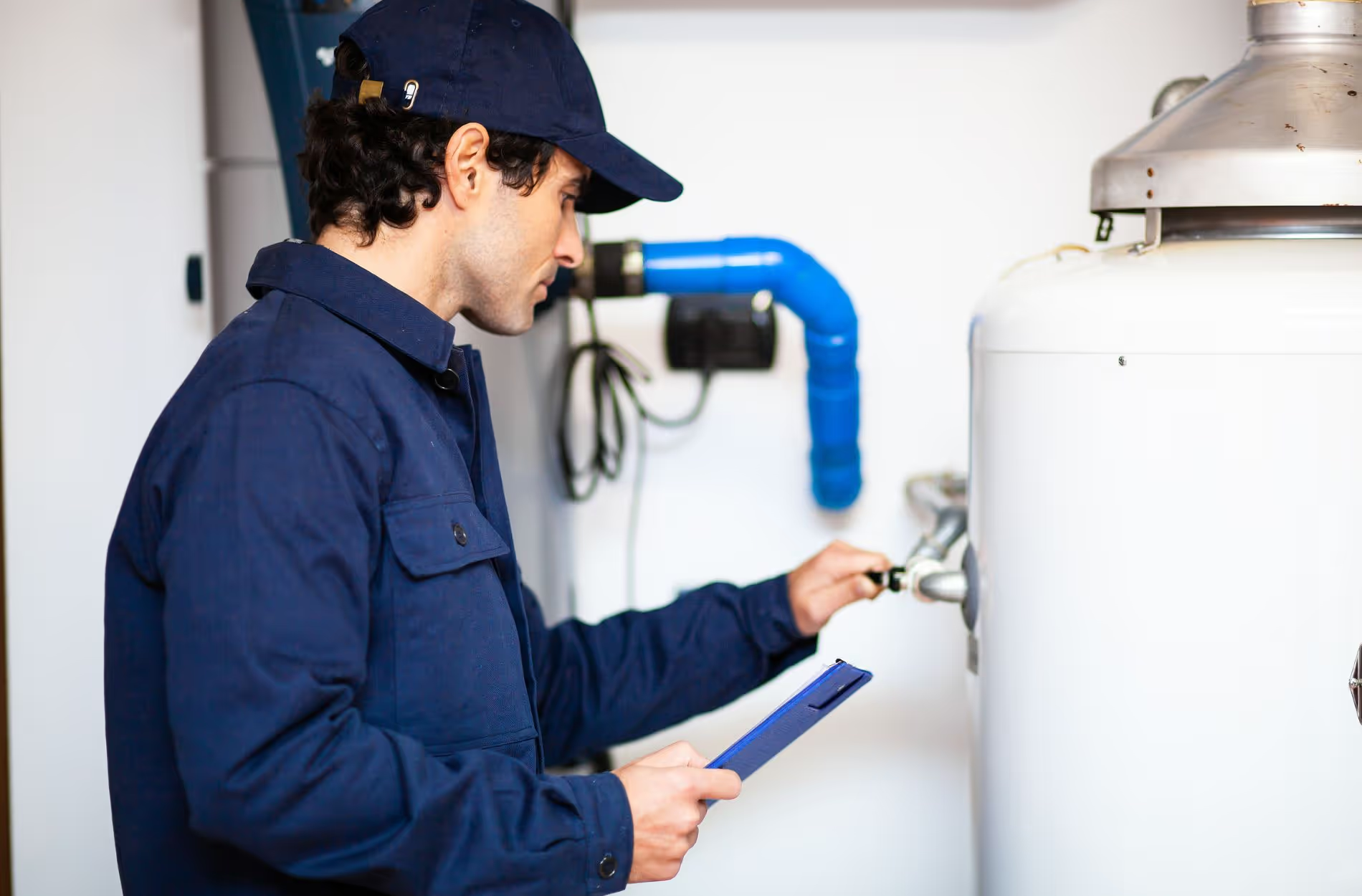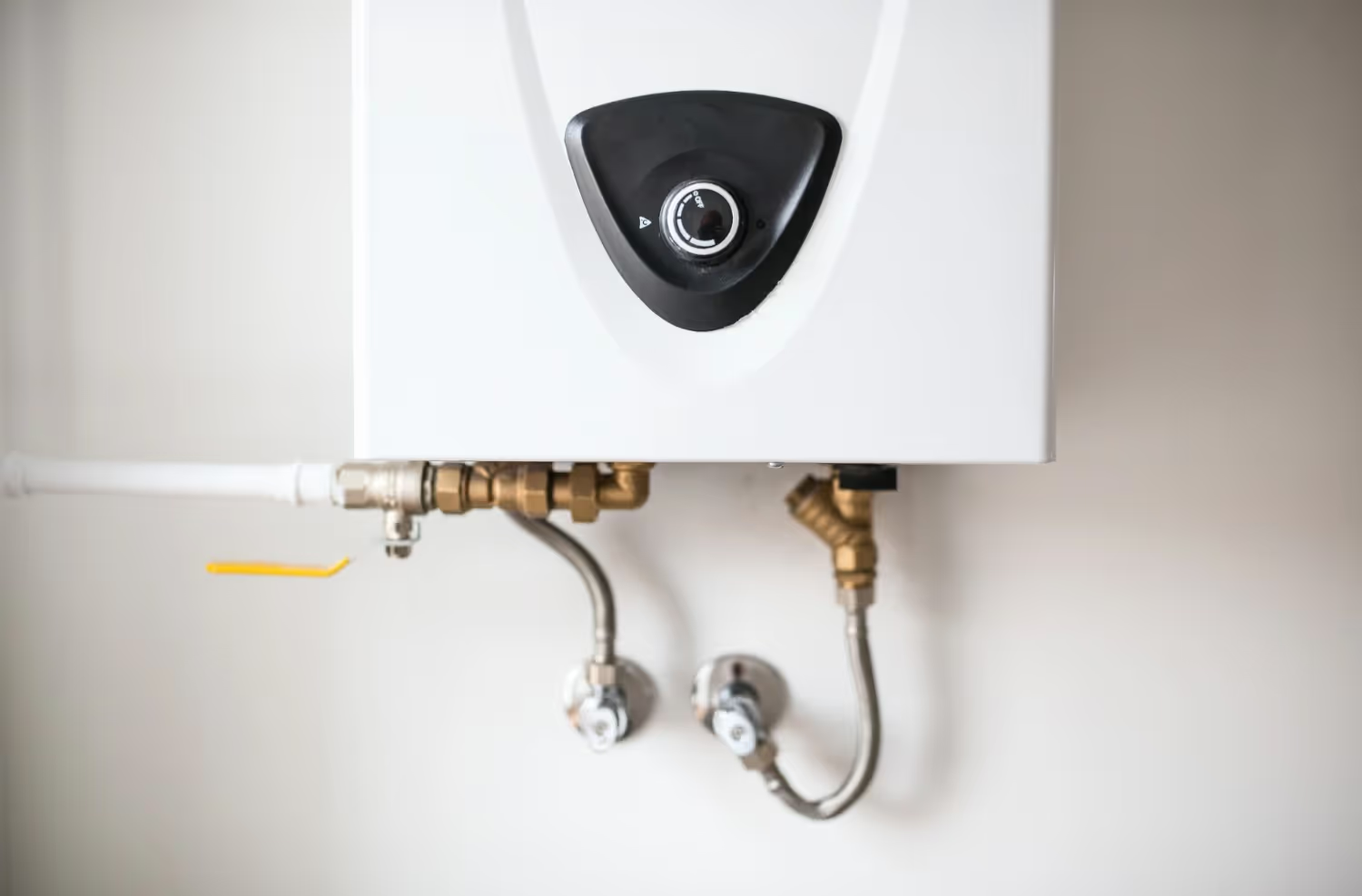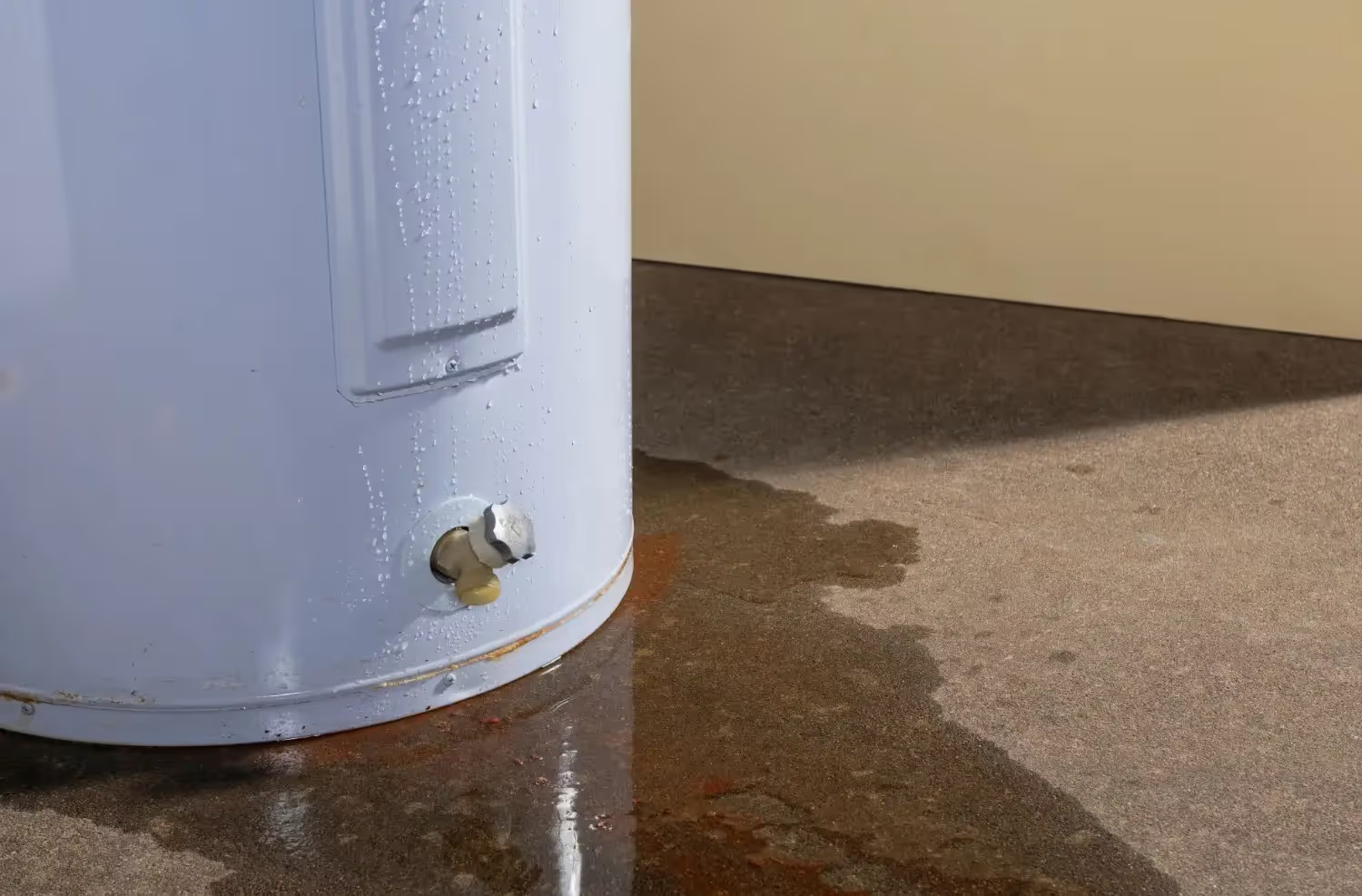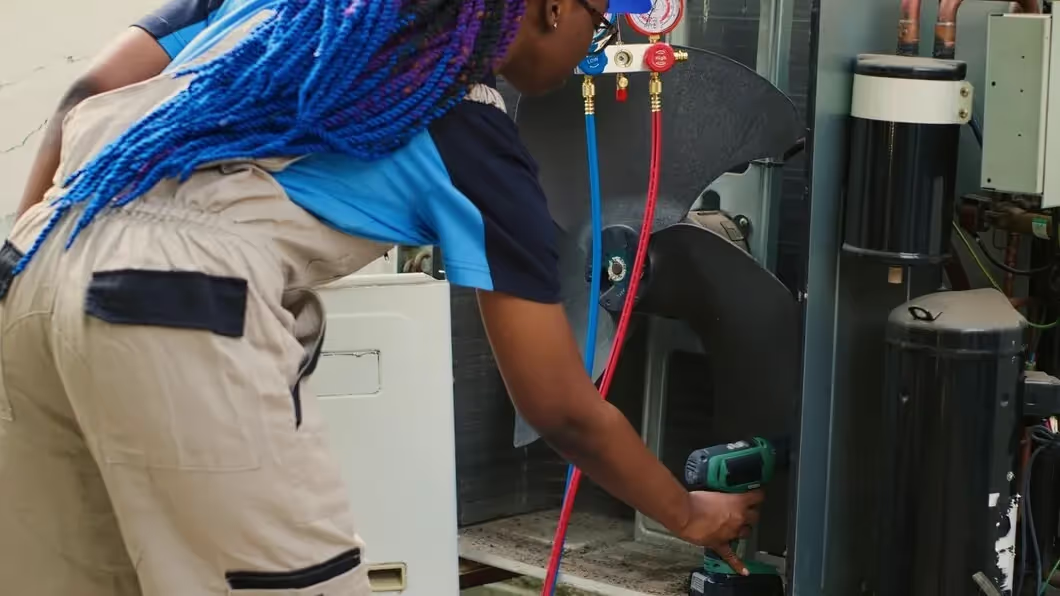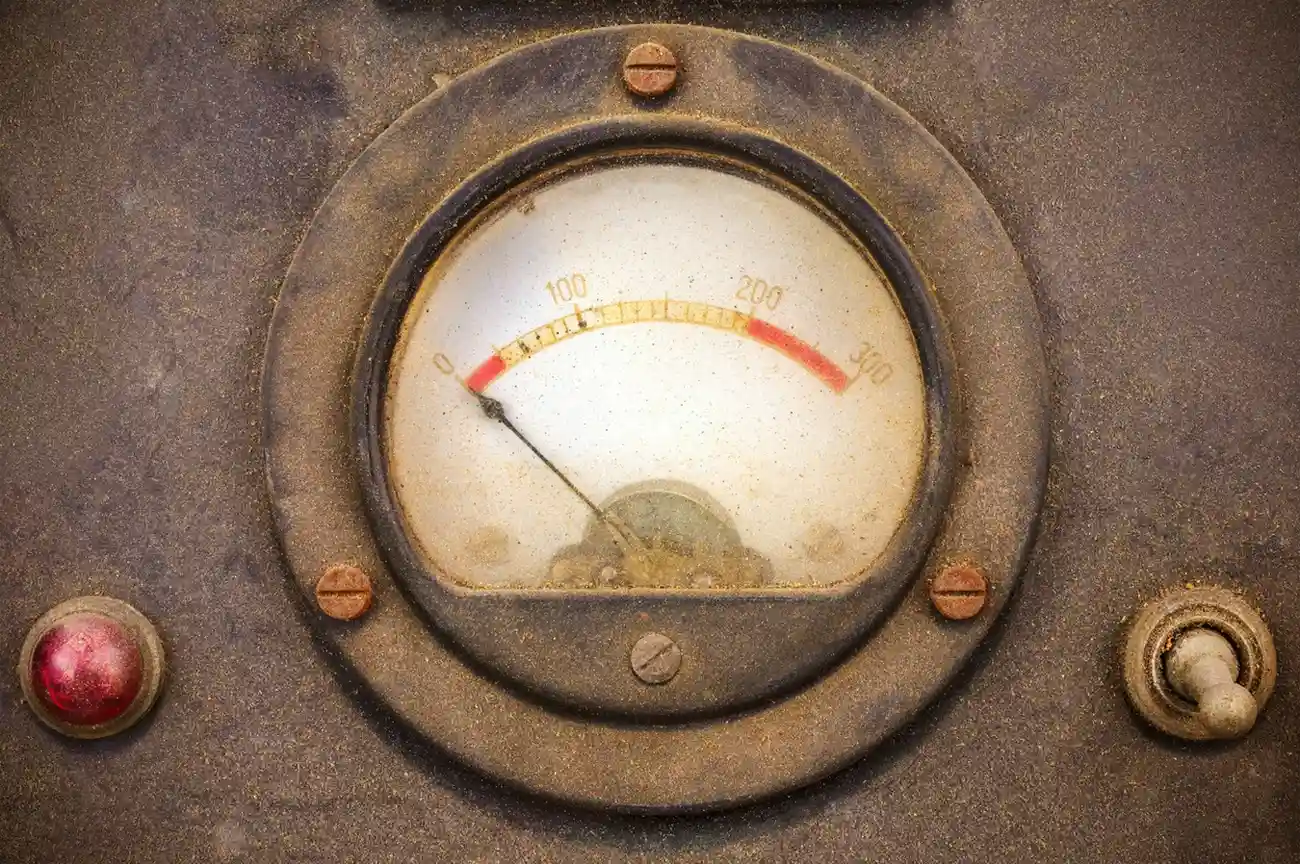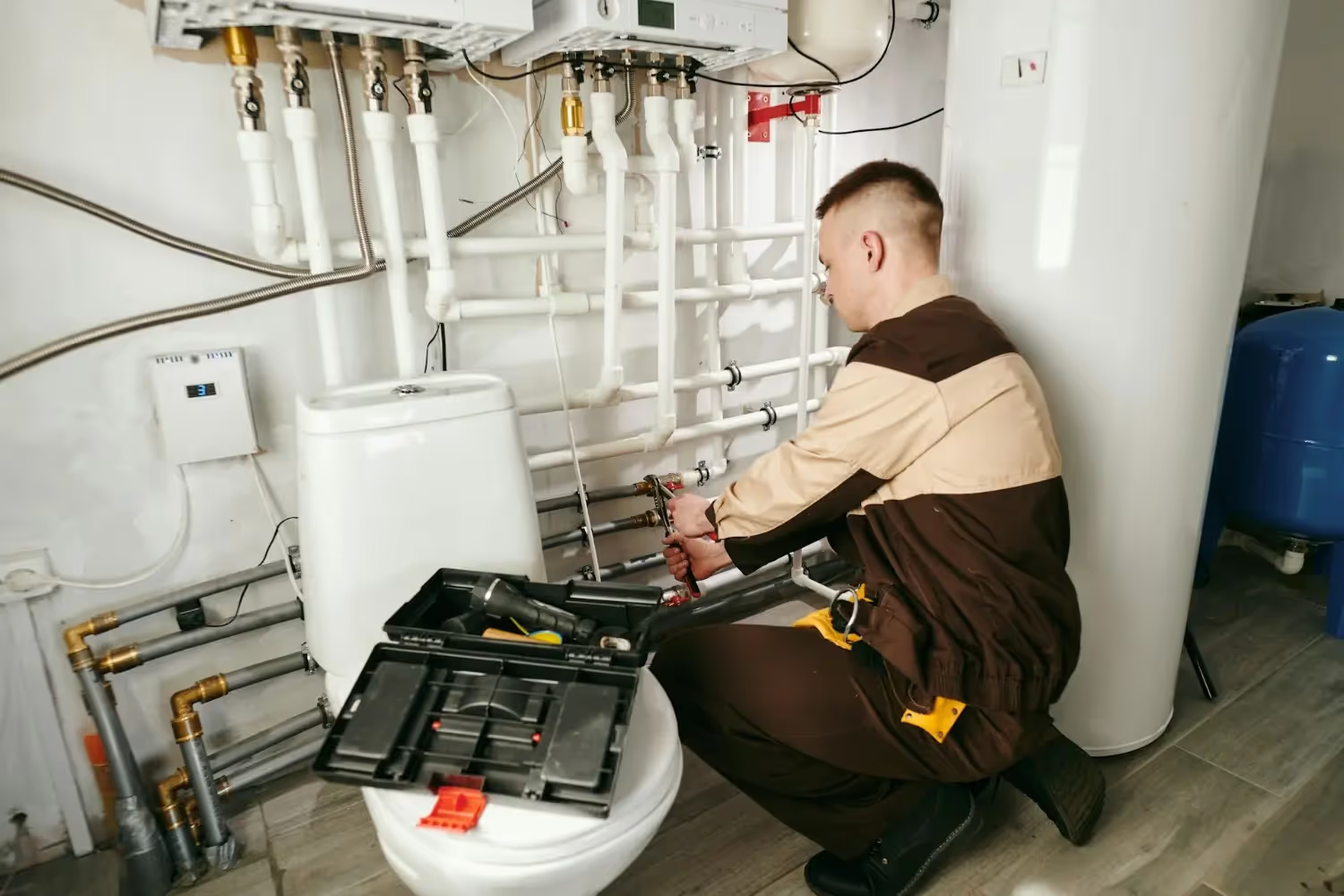A leaking hot water heater can cause significant stress and inconvenience in your home. Prompt and efficient repair is crucial to preventing water damage and ensuring your household continues to have a reliable supply of hot water. Understanding the repair process can help you appreciate the work involved and the importance of timely intervention by professionals.
Identifying the Source of the Leak
When our technicians arrive to address a leaking hot water heater, the first step is to identify the source of the leak. Pinpointing the exact location of the leak is crucial for determining the appropriate repair method. Common sources of leaks include faulty pressure relief valves, corroded tanks, and loose pipe fittings.
Our professionals start by inspecting the pressure relief valve, which is designed to release water if the tank’s pressure gets too high. If this valve is the source, it may be due to excessive pressure or a malfunction. Another frequent culprit is the drain valve. If water is pooling around the base of the heater, the drain valve might be the issue.
Next, the technicians check the connections and fittings. Loose or worn-out connections between the tank and the pipes can often lead to leaks. Finally, the tank itself is examined for signs of rust or corrosion. Corrosion can create small holes in the tank, leading to persistent leaks that worsen over time.
Identifying the source accurately is essential for a successful repair. By meticulously examining each component, our technicians ensure they address the root of the problem, preventing future leaks and potential damage.
Assessing the Damage and Required Repairs
Once the source of the leak is identified, our technicians assess the extent of the damage and determine the necessary repairs. The severity of the leak and the condition of the hot water heater play significant roles in deciding whether a repair or replacement is the best course of action.
If the leak originates from a faulty valve or loose connection, a repair is usually sufficient. Our professionals typically replace or tighten the affected parts to prevent further leakage. For instance, a malfunctioning pressure relief valve can be replaced with a new one, restoring the system’s proper function without extensive work.
However, if our technicians find significant corrosion or damage to the tank, a replacement might be necessary. Corroded tanks are often beyond repair, and continuing to patch them can lead to recurring issues. In such cases, replacing the hot water heater ensures long-term reliability and efficiency.
The age of the hot water heater is another factor considered during the assessment. Older models may be less efficient and more prone to issues. If the unit is near the end of its lifespan, a replacement might be more cost-effective in the long run. Our professionals provide a detailed explanation of the damage and the recommended repairs, ensuring you understand the reasons behind our suggestions.
By thoroughly assessing the damage and required repairs, our technicians ensure that you receive a lasting solution tailored to your specific needs. Whether it's a minor fix or a complete hot water heater replacement, we aim to restore your hot water supply efficiently and effectively.
Step-by-Step Repair Process
Once the source and extent of the leak have been identified and assessed, our technicians proceed with the repair. The repair process typically involves several key steps to ensure the leak is appropriately addressed.
- Shutting Off Water and Power: To safely perform the repair, we begin by shutting off the water supply and power to the hot water heater. This prevents further water damage and electrical hazards.
- Draining the Tank: Next, we drain the tank to remove any standing water, making it easier to locate and fix the leak. This involves attaching a hose to the drain valve and directing the water to a suitable drainage area.
- Replacing Faulty Parts: If the issue is with a specific component like a valve or fitting, we replace the faulty part. For example, a leaking pressure relief valve will be uninstalled and a new one will be fitted in its place.
- Repairing Connections: Loose or corroded connections are tightened or replaced to ensure a secure and leak-free fit. This applies to both water and gas line connections if dealing with a gas water heater.
- Inspecting for Additional Issues: During the repair, our technicians also inspect the hot water heater for any additional wear or potential problems that may need attention. This helps in preventing future issues.
- Testing the System: After completing the repairs, we turn the water and power back on and test the system to ensure that all leaks have been resolved and the heater is operating correctly.
Following these steps, we ensure that the leak is fully addressed and the hot water heater is restored to optimal functionality.
Preventive Measures to Avoid Future Leaks
Preventing future leaks is as important as fixing the current issue. Our technicians recommend several preventive measures to help you avoid similar problems down the line.
- Regular Maintenance: Schedule routine maintenance checks with our professionals. Regular inspections can identify and fix minor issues before they become major problems. This includes checking valves, connections, and the overall condition of the tank.
- Water Softener Installation: If your home has hard water, installing a water softener can reduce mineral buildup inside the tank and piping. Mineral buildup can lead to corrosion and leaks over time.
- Pressure Relief Valve Testing: Periodically test the pressure relief valve to ensure it’s functioning correctly. This valve plays a vital role in preventing excessive pressure that can cause leaks.
- Insulating the Tank: Insulating your hot water heater can prevent rust formation and condensation, two common causes of leaks. Insulation also improves energy efficiency, reducing your utility bills.
- Monitoring Water Pressure: Ensure that your home's water pressure is within the recommended range. High water pressure can stress the tank and connections, leading to leaks.
- Replacing Aging Heaters: Consider replacing your hot water heater if it's nearing the end of its lifespan. Older heaters are more prone to leaks and inefficiencies. Our professionals can recommend a suitable replacement.
By following these preventive measures, you can significantly reduce the likelihood of future leaks and maintain the efficiency of your hot water heater.
Conclusion
Addressing a leaking hot water heater promptly is essential to prevent water damage and ensure a continuous supply of hot water in your home. From identifying the source of the leak to assessing the damage and performing the repair, our technicians manage the entire process with expertise and efficiency. Additionally, implementing preventive measures can help prolong the lifespan of your hot water heater and reduce the risk of future leaks.
If you need hot water heater leaking repairs in Stone Oak, Texas, don't wait. Contact Roadrunner Plumbing & Air for professional and reliable assistance. Our team is ready to help you maintain a safe and efficient plumbing system. Call us today and ensure your hot water heater is in the best hands.
Articles

.png)
